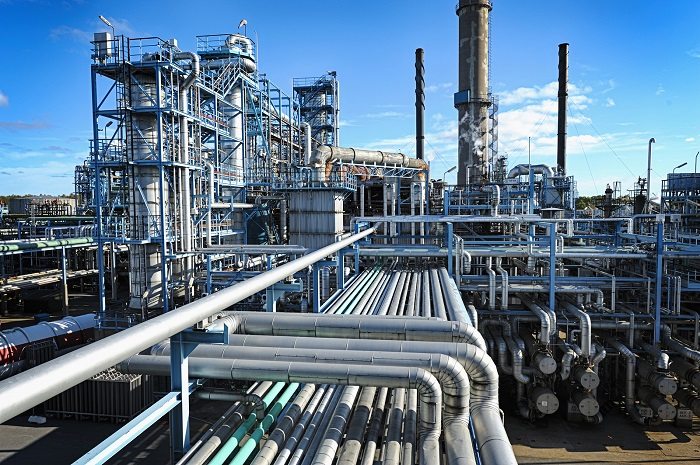Oil-dependent countries that are not preparing to adapt to the global shift away from fossil fuels risk their own stability, warns a new report.
Algeria, Iraq and Nigeria are the most vulnerable to “a slow-motion wave of political instability”, according to the risk analysts Verisk Maplecroft.
Chad and Kazakhstan were also identified as countries with a high risk of political upheaval as energy transition engulfs their economies.
The analysts also named the West African states of Angola, Gabon, Congo, Cameroon and Equatorial Guinea, with “fragile autocratic or semi-autocratic political systems”, as high risk.
The researchers considered factors including external breakeven costs, countries’ capacity to diversify and political resilience.
Most oil-producing states failed to diversify between 2014, when oil prices plummeted, and the coronavirus pandemic, the analysts found. The situation in some countries has worsened as exports have dropped and foreign currency reserves have been depleted.
The situation is similar whether or not states are members of the Opec oil cartel as most exporters increased production to compensate for revenue shortages.
Currency reserves dwindled, as in Saudi Arabia, for example, which “has burned through almost half of its 2014 dollar stockpile”
However, among Gulf States, the United Arab Emirates and Qatar were deemed best equipped to weather the storm. Saudi Arabia and Kuwait are also predicted to be more politically stable, with their resources and economies better positioned to diversify.
By Laura Mmosi


